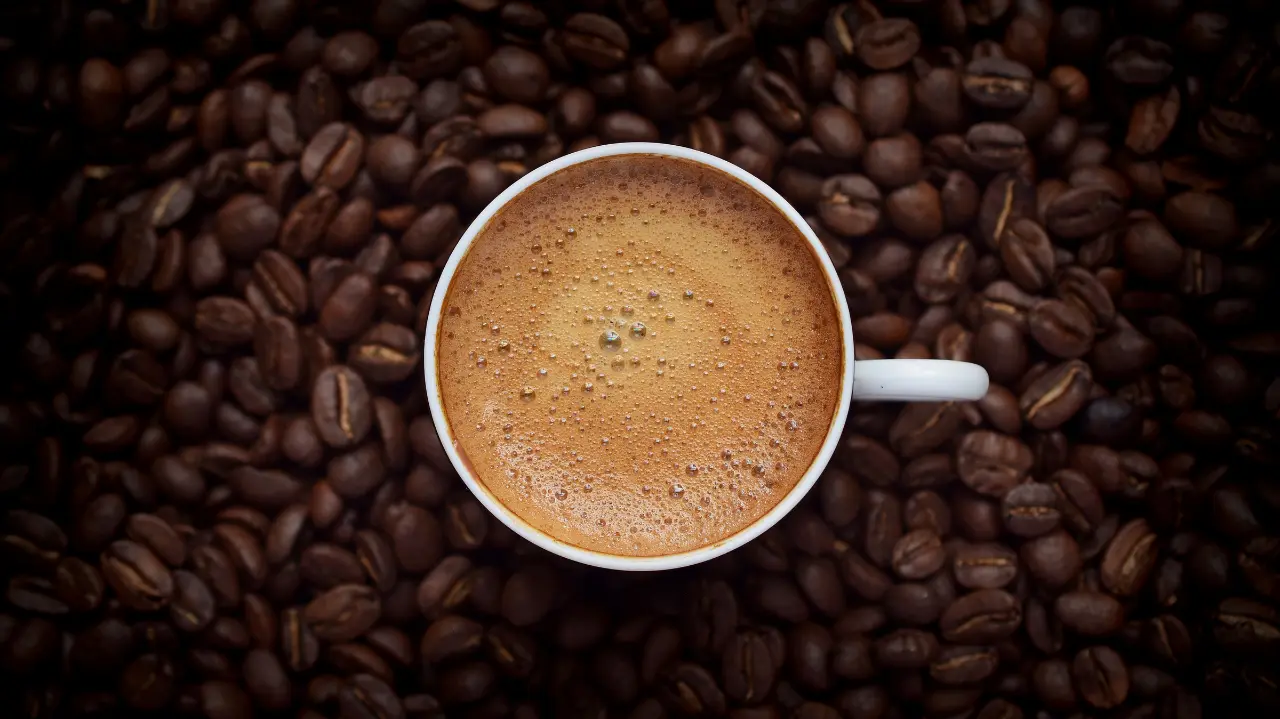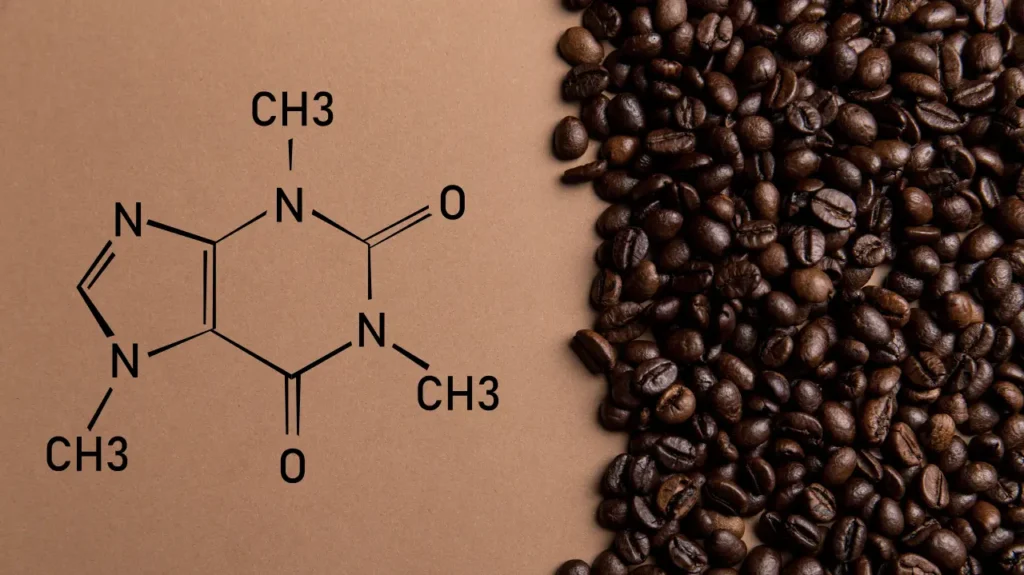For Muslims, every sip matters. It’s common to question: Is Coffee halal? Does your daily Coffee align with Islamic principles?
The answer isn’t just about beans; it’s a blend of history, faith, and science. As a coffee expert passionate about Islamic dietary laws, I’ll unravel this question step by step.
From Ottoman-era debates to modern halal certifications, we’ll explore why most scholars say “yes” to Coffee, but with a few caveats.
Whether you’re sipping Turkish kahwa or a latte, this guide cuts through confusion.
Historical Context
Coffee’s story in the Muslim world is as bold as its flavour. Born in Ethiopia’s highlands, it reached Yemen by the 1400s. Sufi monks brewed it to stay awake during prayers, a holy purpose.
But by the 1500s, debates boiled over. Ottoman Sultan Murad IV feared coffeehouses fueled rebellion, not faith.
He banned Coffee, calling it haram, and ordered executions for drinkers. Legend says he disguised himself as a commoner, hunting violators with a sword.
Yet Coffee refused to disappear.
Why?
Scholars revisited its effects. Unlike wine, it sharpened minds without intoxication. By the 1600s, fat was flipped: Coffee was halal.
Its sober energy fits Islam’s focus on clarity in worship. Soon, coffeehouses buzzed from Istanbul to Cairo. Thinkers, traders, and poets gathered there, exchanging ideas over cups.
This shift wasn’t just about taste; it showed Islamic law’s flexibility. When a practice benefits society without breaking divine rules, it earns its place.
Islamic Scholarly Opinions
Most scholars today give Coffee a halal stamp. Why? No alcohol, no pork, just pure beans. Caffeine’s buzz doesn’t “intoxicate,” a strict Quranic red line (Surah Al-Ma’idah 88).
Imam Shihab Al-Din, a 16th-century scholar, put it simply: “What Allah didn’t forbid, we don’t forbid.” Egypt’s Dar al-Ifta agrees small doses are fine, but overdoing it?
That’s where trouble brews.
Yet debates linger. A tiny minority still side-eye Coffee, recalling 1500s scholars who feared its “heathen” roots.
But modern consensus?
Islam trusts you to choose wisely. Moderation is key. Quran 7:31 warns against excess, and Prophet Muhammad (PBUH) praised self-control (Sahih Al-Bukhari). So, three cups? Halal. Ten? Your heart might race faster than your prayers.
| Arguments For Coffee Being Halal | Arguments Against Coffee Being Halal |
| Quran and sahih ahadith do not explicitly categorize coffee/caffeine as haram. | Caffeine, a mild stimulant, may alter the state of mind, deemed haram by some scholars. |
| Islamic principles encourage moderation and self-control, applicable to caffeine (Quran 7:31, Sahih Al-Bukhari). | Caffeine may interfere with clarity of mind, affecting spiritual obligations like prayer. |
| Moderate caffeine consumption can increase alertness and cognitive function, beneficial for work, education, and worship. | Excessive caffeine can cause sleep disturbances, anxiety, and irregular heart rate, similar to stimulant drugs. |
| Imam Shihab Al-Din stated: “It is lawful to drink because originally all the things are lawful except that which Allah has made unlawful.” | Potential for addiction and harmful behavior from excessive consumption. |
| Islam acknowledges individual autonomy for informed decisions, considering caffeine halal if consumed responsibly. | Some scholars caution against excessive consumption due to health risks. |
| Energy drinks with caffeine (e.g., PRIME, Red Bull) are generally halal if not consumed daily due to other harmful ingredients like sugar, artificial sweeteners, and colorants (Quran 2:195). |
The table’s “against” column isn’t anti-coffee; it’s anti-excess. Scholars like Ibn Qayyim Al-Jawziyya stressed avoiding anything harming the body, a core Islamic ethic.
Energy drinks?
Their halal status hinges on additives, not caffeine. Artificial colours or sweeteners from non-halal sources (like pork-derived gelatin) could tip the scales.
Historical dissenters, like Mecca’s 1511 council, burned coffee sacks, claiming it mimicked alcohol’s “social chaos.”
But modern science dismisses this, caffeine’s kick is milder, shorter-lived. Today’s scholars emphasize niyyah (intention): Sipping Coffee to focus on work or worship? That’s Sunnah-worthy productivity.
In short, Coffee is halal, but Islam’s golden rule applies: don’t let it own you.
Halal Certification
Your Coffee’s halal status isn’t just about beans but processes. Basic Coffee? Simple: dried, roasted, ground. No haram tricks. But modern twists? That’s where eyes widen.
Take Luwak Coffee. Yes, it’s made from civet poop. But Indonesia’s top scholars (MUI) approve it. Why? The beans are cleaned, roasted, and free of filth.
No haram elements sneak in; halal with a wild backstory.
But danger brews elsewhere. Fancy lattes with “Irish cream” syrup? Many use alcohol-based flavourings, instantly haram.
Even names matter. “Wine coffee” might be alcohol-free, but Islam avoids shubha (doubtful associations).
Dr. Muslich, a halal expert, warns: “Names influence choices. Better safe than sorry.”
Halal labels are your lifeline. Brands like Starbucks in Malaysia or Saudi Arabia certify their drinks, ensuring no cross-contamination with haram ingredients (like pork-derived glycerin in creamers).
But don’t stop there. Check for sneaky additives: gelatin in frappuccino toppings and non-halal vanilla extracts.
Pro Tip: Vegan labels ≠ are halal. They skip animal products, but not alcohol. For proper compliance, look for JAKIM (Malaysia) or ESMA (UAE) logos.
These agencies audit factories, ensuring machines aren’t shared with haram products.
In short: Pure Coffee? Halal heaven. Fancy blends? Check twice. Your faith deserves that care.
Scientific Insights
Science gives Coffee a thumbs-up, mostly. Three to five cups daily? That’s the sweet spot. Studies show it slashes heart disease risk by 15% and guards your liver.
Like chlorogenic acid, antioxidants in coffee fight inflammation; think of them as tiny bodyguards. Harvard research even links Coffee to longer lifespans.
Need focus for Fajr prayers? Caffeine boosts alertness, sharpening your mind for Quran recitation.
But cross the line, and trouble brews. Six cups or more? Hello, jittery hands and sleepless nights. Over 400mg of caffeine (about four shots) strains your heart, mimicking haram stimulants.
Islam’s rule, “Don’t harm yourself” (Quran 2:195), echoes here. Balance is key: Enjoy Coffee’s perks without tipping into anxiety.
Genetics matter, too. Some metabolize caffeine slowly, feeling wired for hours. Others shrug it off. Islam honours individuality; adjust your intake to your body’s needs.
Pregnant?
Cut back; excess caffeine risks fetal health, aligning with Islamic care for life.
Science and faith agree: Coffee’s halal when you respect limits. Sip smart, stay blessed.
Addressing Common Concerns
“Will coffee break my fast?” Relax, it won’t. Islam’s rules are clear: Only food, drink, and intimacy nullify fasting. Sip your espresso at suhoor or after maghrib.
Even better: Coffee’s diuretic effect? Minimal. Studies show moderate caffeine doesn’t dehydrate you enough to harm prayers.
But timing matters. Chugging a cup right before Fajr? Risky. You might miss the niyyah (intention) window.
Dental worries? Avoid sugary additives; black coffee is gentler on teeth.
Scholars like Mufti Menk advise: “Drink early, stay mindful.” During Taraweeh, avoid late-night brews; sleep is worship, too.
Addiction Worries?
Yes, quitting coffee cold turkey gives headaches. But Islam distinguishes habit from haram. Unlike drugs, caffeine doesn’t cloud your appetite (intellect) or trigger sin.
The Prophet (PBUH) warned against “over-filling vessels” (Sunan Ibn Majah 3340), a call for balance.
If you’re downing six cups daily, ask: Does this distract me from dhikr or duties? Swap one Coffee with herbal tea. Gradually. Islam rewards sabr (patience), not extremes.
Cultural Wisdom: In Turkey, elders sip Coffee after Fajr, pairing it with dates. A Sunnah-inspired rhythm, energy without excess.
Conclusion
So, is Coffee halal? Yes, with wisdom. History proves it: Coffee earned its halal badge from Ottoman to modern fatwas by balancing energy and ethics.
Science cheers moderation; Islam demands it. Your cup isn’t just caffeine; it’s centuries of scholarship, adaptability, and divine trust in your choices.
But stay sharp. Skip syrups with hidden alcohol. Choose certified beans. Listen to your body: If Coffee fuels your productivity, do not panic; you’re golden.
Ramadan or regular days, let your brew complement worship, not compete with it.
A Turkish proverb says: “Coffee should be black as hell, strong as death, sweet as love.” Add a third quality: Pure as faith.
Love unique brews? Explore Vietnamese coffee for a bold twist.




